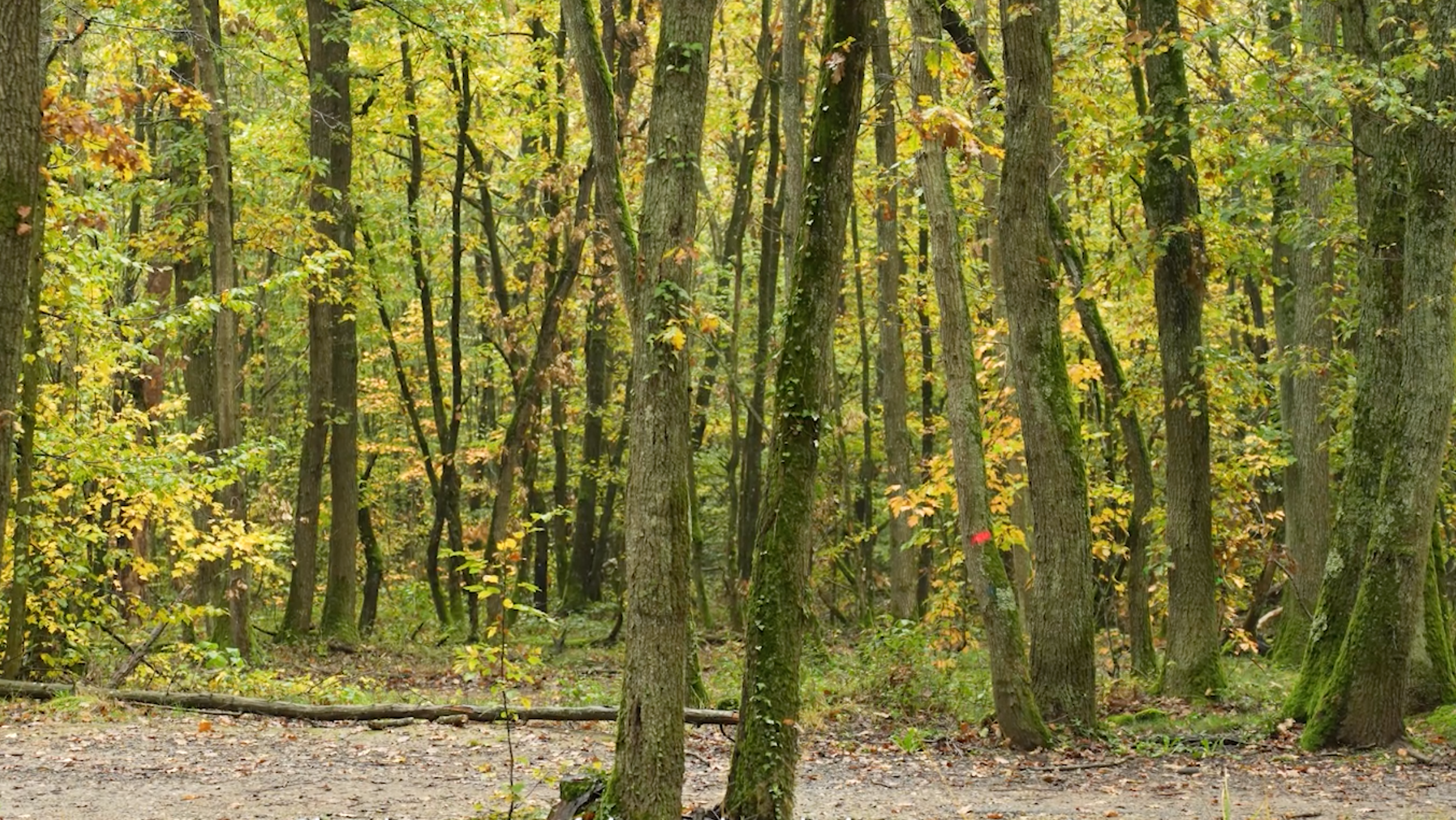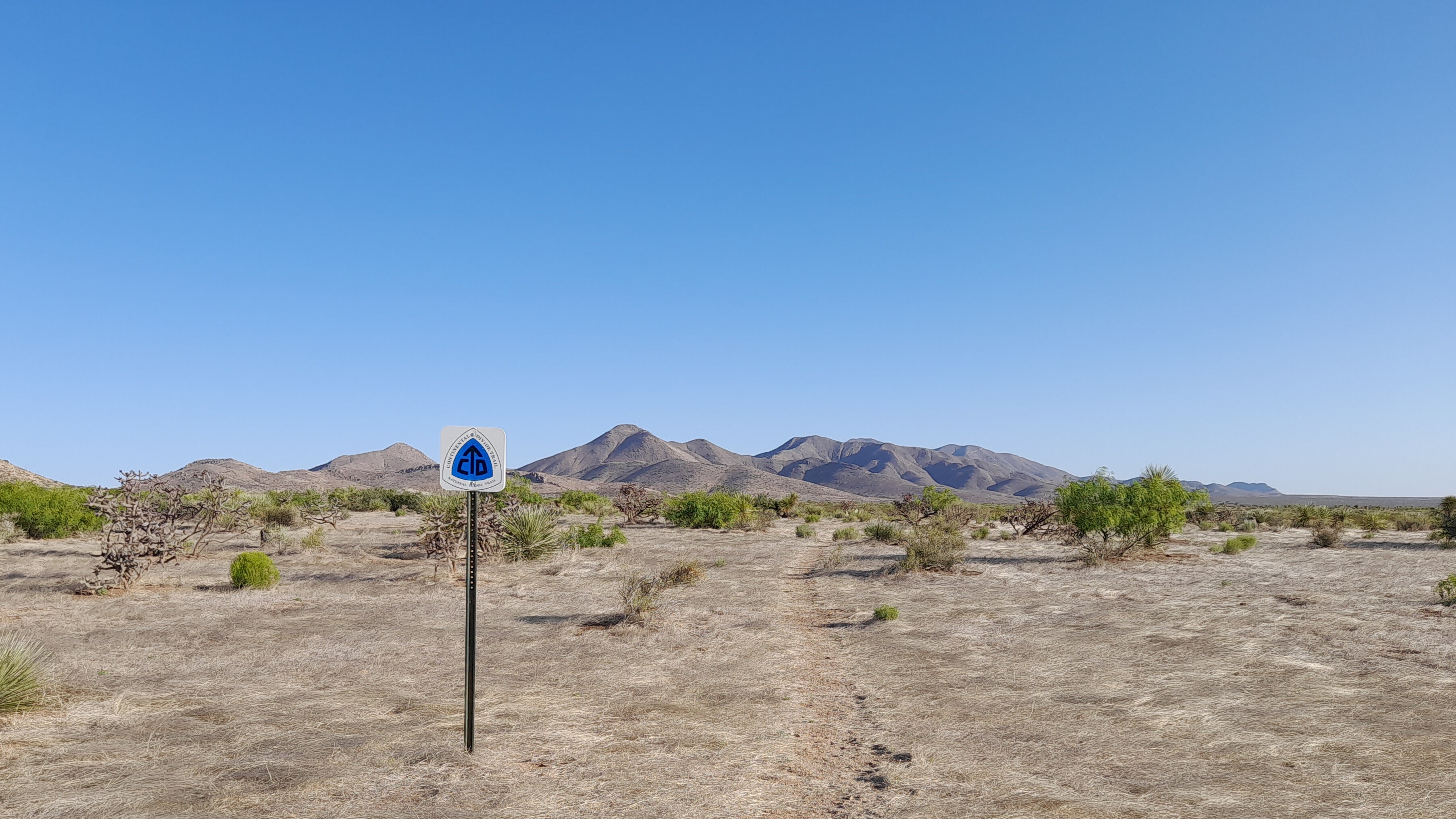
Why create an eco-responsible running brand?
By Olivier, the founder of the EDELI brand
Why start a new company, a new brand if it is to duplicate existing models and continue doing things as before?
When I started thinking about creating a new brand in the world of running, I was looking to combine on one hand the desire to undertake a field that I had been passionate about for many years, that of running, and on the other hand the motivation to give birth to a new professional project that is meaningful.
Giving meaning again
Giving meaning, even if it meant launching into entrepreneurship and taking risks, clearly meant having a positive impact overall, demonstrating a clear desire to change things.
I worked for a long time for large companies and it is clear that over the years, the search for economic performance, even if it is clearly necessary, had taken over so much that it had become key in my entrepreneurial project to give a broader meaning to my professional activity.
The idea that gradually took shape was to create a new running brand combining technicality and eco-responsibility, by associating the technicality of clothing AND eco-responsibility for a production model with less impact on the environment.
The central idea was to combine these two key dimensions and make them the brand's basic contract and an innovation platform for the future.
And in the textile industry in general (which of course includes the sportswear segment), reducing the environmental impact of clothing manufacturing not only makes a lot of sense, it's also urgent.
Finally, it seemed to me that if a sport had to set an example in terms of eco-responsibility, it had to be running, in all its forms.
Running and nature: an almost magical connection
For what ?
Running is the ultimate sport that can be practiced anywhere in contact with nature. Just put on your sneakers, shorts and a t-shirt and off you go.
If you are lucky enough to be in the countryside, in the mountains or near a river or a lake, a forest or a park, the presence of nature always gives a much more invigorating, enriching dimension to the practice of running.
Each outing is often a deep breath, physically, mentally. Nature has a calming effect. Rubbing shoulders with vegetation, animals, enjoying the changing lights with the seasons, these are all simple and accessible pleasures that running provides.
From there, it is logical when we appreciate what running in contact with nature brings us, to want to protect it, to seek to preserve the natural spaces where we like to run.
How to reduce the environmental impact linked to production?
So how do we proceed? What are the most important ways to reduce the environmental impact of manufacturing?
What I am sharing here is a bit of the path I followed to find the answers to these questions. This is not the opinion of an expert but the feedback of an entrepreneur embarking on a project to create an eco-responsible running brand out of passion and conviction.
What I discovered when digging into the topic of the environmental impact of sportswear production are several key findings. They are linked to different moments in the life cycle of a garment: from manufacturing to transport, to sale and then to use.
These key observations led me to make initial, engaging and founding choices for the EDELI brand in order to significantly reduce the environmental impact of our production:
- Produce in Europe to reduce the carbon footprint
- Using recycled materials for more circularity
- Ban the use of plastic in our packaging
- Donate 1% of our sales to protect natural spaces
Below I have summarized each of the key observations that led me to the four founding commitments for the EDELI brand in favor of a resolutely eco-responsible approach.
1st observation: The carbon footprint linked to production is mainly linked to the energy mix of the country where the fabric is manufactured.However, the carbon footprint of the energy mix can vary greatly from one country to another, and in particular between Asian countries and European countries. The carbon footprint of a country's energy mix is the measurement of the average CO2 emissions (in kilograms of CO2 ) required to create energy (in kilowatt-hours) depending on the mix of energies used (fossil fuels, nuclear energy or renewable energies).
Here are some figures comparing, for example, the carbon footprint of the energy mix on average in Europe (EU 27) with that of China, a key player in the textile industry:
CO2 emissions per kilowatt hour
|
Area/Country |
CO2 emissions per KwH |
|
Europe - EU 27 (1) |
252 grams |
|
China (2) |
531 grams |
Why such a difference?
The energy mix is linked to the relative weight of the different energy sources. The most polluting energy sources are fossil fuels, the 'worst' being coal. However, the use of coal in China in energy production is almost 5 times greater than in Europe (weight of coal in the energy mix: 54% in China vs. 11% in Europe).
Based on this initial observation, the EDELI brand's first eco-responsible commitment is to weave and manufacture all our clothing in Europe.
And the first concrete application of this commitment was born with our first models from the FREE RUNNER collection, whose fabrics come from Italy and Portugal. The production of these models takes place in Moldova for the Hirondelle T-shirt and in Lithuania for the Colibri shorts.
This first commitment goes against the dominant production model in the Running and Outdoor clothing sector since 97% of Running and Outdoor clothing sold in Europe is manufactured in Asia (3) especially in China, Taiwan, Vietnam and South Korea.
This first commitment to weave and manufacture all our clothes in Europe generates a significant additional cost in terms of purchase price but it allows us to reduce the carbon footprint linked to production (with a more favorable energy mix) and transport (with production and sales within the same continent).
2nd observation: the use of recycled fibers is still very much a minority in the textile industry
In 2022, according to the latest data published by the Textile Exchange organization in December 2023 (4) , the share of recycled synthetic fibers in global production will still remain below 10% (around 7.9% in 2022).
By comparison, the share of virgin (non-recycled) fibres from the hydrocarbon industry remains very much in the majority with around 57%. The remainder comes from fibres of plant origin (around 27% with cotton leading the way at 22%), of animal origin such as wool (around 2%) and cellulose-based (around 6%).
While plastic pollution remains a major issue, particularly for the oceans, an acceleration in the use of recycled synthetic fibres has a double advantage: that of reducing the level of annual production of virgin synthetic fibres (with the associated issues of plastic pollution) and that of being able to reuse plastic production in a second product life (as is the case with the recycling of plastic bottles).
In the sports field, it turns out that polyester, which is the most widely used fibre in the textile industry (3) with a share of around 54%, is also one of the fibres best suited to the technical constraints of sports practice, thanks in particular to its low absorbency, which allows it to easily wick away perspiration, unlike cotton for example.
Based on this second observation, the second eco-responsible commitment of the EDELI brand is to manufacture our clothes as a priority with recycled fibers.
This second commitment was also implemented immediately for our first pieces in the FREE RUNNER collection: the Hirondelle T-shirt is made from 100% and the Colibri shorts from 88% recycled polyester from the recycling of plastic bottles.
3rd observation: clothing protection bags in the textile industry are still overwhelmingly plastic bags.
This third observation is linked to the use of single-use plastic protective bags (called polybags) to protect clothing during transport and storage. However, this use is a major problem: 'approximately 180 billion polybags are produced each year for the fashion industry and only 15% are recycled' (5) .
The use of these plastic bags is the source of several problems: it requires new production from oil exploitation, it generates additional waste and it is partly linked to plastic pollution in the oceans.
This third observation pushed us to look for a solution that goes even further than using recycled plastic for our protective bags. To limit the impact of polybags, the most important dimension is in fact that of the end of life of these single-use protective bags. How can we limit as much as possible the risk of plastic pollution linked to these protective bags once the product has been delivered to the final buyer?
It was while looking for an answer to this question that our third eco-responsible commitment of the EDELI brand was born: zero plastic in our packaging .
To achieve this goal, we have selected a biodegradable and fully compostable protective bag. It is made from potato starch. It is translucent and is not perfectly transparent like plastic, but this does not prevent it from fulfilling its key function: that of protecting clothing during transport and storage while providing an ideal solution to the end-of-life problem since it is biodegradable and fully compostable.
We have also chosen a 100% recyclable e-commerce envelope whose components are of European origin and which is produced with water-based inks and plant-based vinyl glues.
4th observation: many initiatives already exist to preserve natural spaces; how can we get involved?
Beyond the environmental impact directly linked to our production, I was also interested in existing initiatives to preserve natural spaces. It seemed key to me to associate our brand with a relevant initiative (linked to the world of running and trail running) and of course positive in terms of environmental impact.
So I looked for a concrete project to protect natural spaces so that I could associate the EDELI brand with it.
A first track was to join the 1% for the planet program. It is a global network of thousands of companies and environmental organizations that work together to support people and initiatives working to protect the environment. When a company decides to join this program, it commits to donating 1% of its sales to this program.
It seemed necessary to me to go even further in the concrete aspect of the project with which we could associate our brand. I therefore combed through the organizations already partners and beneficiaries of the 1% for the planet program in France to find an ideal project.
I found it by contacting the Conservatoire des Espaces Naturels d'Auvergne and talking with them about the program for protecting century-old forests in Auvergne as part of the European SYLVAE program.
This program aims to buy back plots of century-old forests and let them evolve naturally. This project seemed doubly relevant to me, firstly because it aims to protect forests, natural spaces highly prized by runners, and also because it is linked to our region of origin, the Auvergne-Rhône-Alpes region where our EDELI brand was born.
Forests also play a major role in climate balance as natural carbon sinks, hence the importance of contributing to their preservation.
From this fourth observation was born our commitment to donate 1% of our sales to preserve natural spaces by supporting the Conservatoire des Espaces Naturels d'Auvergne and their program for the conservation of the century-old forests of Auvergne ( via the association 1% for the planet - 1% for the planet) .
It is through these first concrete commitments that we are creating a new, resolutely eco-responsible running brand. These commitments are the beginning of an adventure and others will complete them in the future.
They will become a lasting reality firstly because we are attached to them but above all by building a community of runners who share this same passion for running and this desire to change things, to give meaning again and to commit to a resolutely eco-responsible approach.
I really hope you will be part of it.
Olive
Sources
(1) www.statistiques.developpement-durable.gouv.fr
(2) www.statista.com
(3) European Outdoor Group – Carbon Reduction Project case study
(4) Textile Exchange – Materials Market Report 2023
(5) White paper - plastic-free fashion



1 comment
Partant de vos constats je soutiens votre engagement et vos démarches pour aller vers un produit éco-responsable .
Courir en portant les vêtements Edeli est donc un vrai plus !! Et qui fait sens 👍
Sportivement
Jeff
Roux
Leave a comment
This site is protected by hCaptcha and the hCaptcha Privacy Policy and Terms of Service apply.